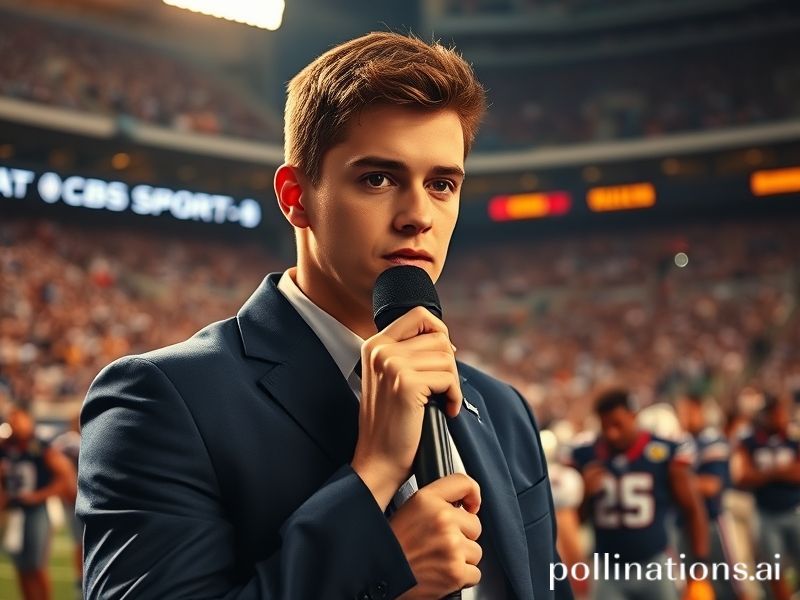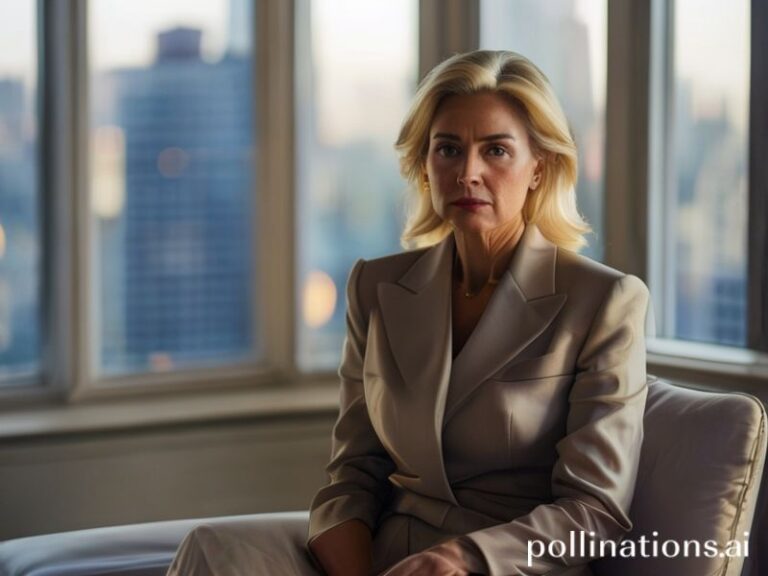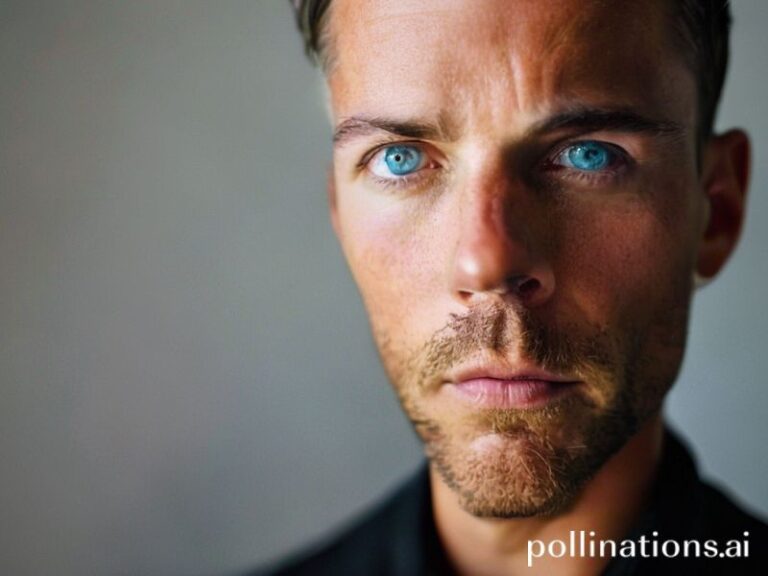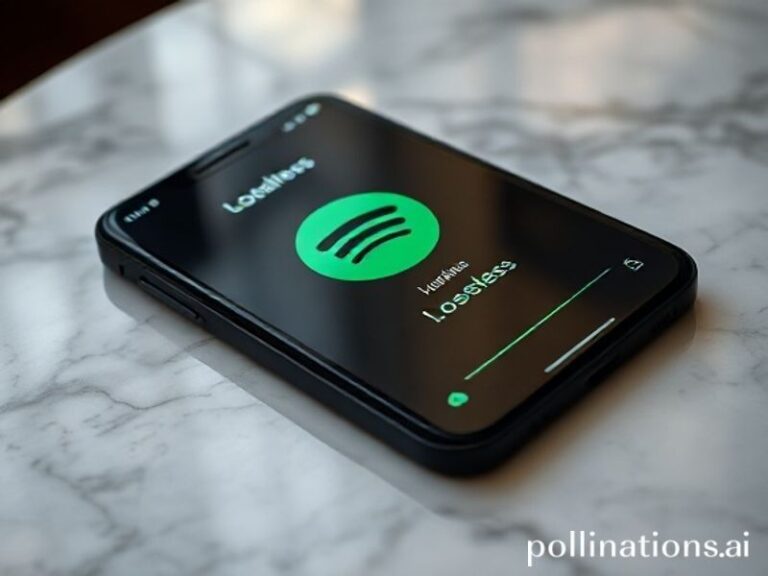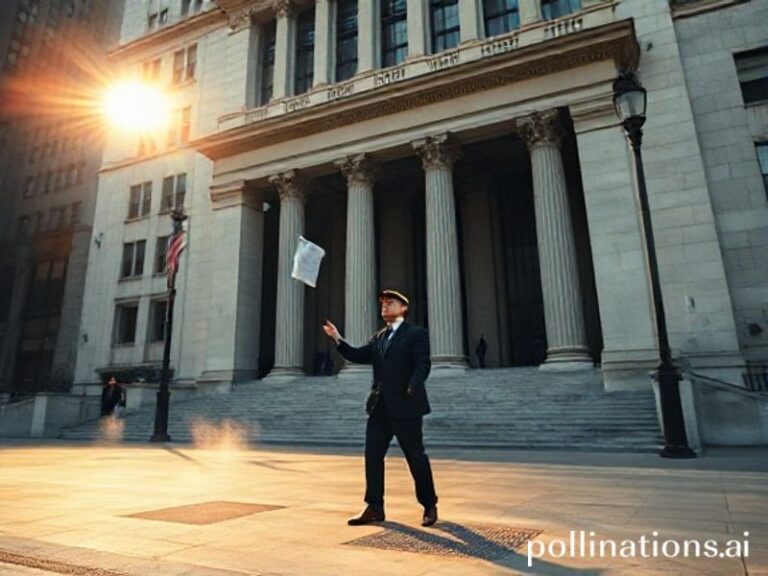Noah Eagle’s Olympic Mic Drop: How One American Voice Became the Planet’s Basketball Translator
Noah Eagle, the 24-year-old American play-by-play prodigy who sounds like he was grown in a secret ESPN lab, has been dispatched to Paris to call Olympic basketball for Peacock—NBC’s streaming platform that most viewers still locate somewhere between “settings menu” and “why is my credit card bleeding?” His assignment appears straightforward: describe grown millionaires in tank tops to an audience that is half-asleep, half-drunk, and wholly confused by the metric system. Yet in the grand tradition of modern sport, the implications ripple outward like a stone dropped into a pool of lukewarm Chablis.
Globally, Eagle’s ascent is less a feel-good yarn than a case study in how the English-speaking world continues to colonize the airwaves. While French commentators perfect their nasal disdain and Serbian pundits mutter darkly about three-second violations like war crimes, Eagle’s Midwestern diction has been declared the lingua franca of international hoops. The Olympic Broadcasting Services, a body that normally spends its time begging federations to share a single replay angle, has simply ceded the floor to an American whose previous greatest trauma was pronouncing “Giannis” correctly on live television. One senior OBS official, sipping an overpriced café crème within sight of the Eiffel Tower, admitted off the record that resistance was futile: “The kid sells ads. We sell the right to pretend we’re multicultural.”
The geopolitical subtext is delicious. The United States exports two things reliably: weapon systems and narrative voice. Eagle, son of legendary announcer Ian Eagle, is effectively an F-35 in headphones—expensive, technically dazzling, and impossible to ignore. China’s CCTV has already clipped his highlights for bilingual TikTok snippets, while the BBC is running explainers titled “What Is a Eurostep and Why Is the Young Man Screaming?” In a fractured media landscape, Eagle’s commentary becomes a soft-power tool, the audio equivalent of Taylor Swift showing up at your local noodle shop. Resistance is measured in retweets.
Meanwhile, the global south watches bemused. Kenya’s citizen journalists—who stream Premier League matches via VPNs named after long-dead British colonial governors—marvel that the Olympics still bother with commentators at all. Their feeds often arrive narrated by whichever uncle’s phone has the strongest signal; the idea of paying a subscription to hear someone describe what you can already see feels, in their words, “like hiring a poet to read your electricity bill.” Yet even there, Eagle’s catchphrases—delivered at auctioneer speed—are being repurposed into ringback tones. Late-stage capitalism has no off switch.
The cynical read is that Eagle’s meteoric rise solves a problem NBC created: how to make Americans care about sports they routinely ignore unless Kobe’s ghost is involved. By parachuting in a voice that sounds like your college roommate after three Red Bulls, the network transforms the unfamiliar into the comfortably branded. It’s the same logic that once shipped canned laughter to foreign sitcoms, only now the laugh track is live, caffeinated, and vaguely nostalgic for 1992 Dream Team highlight reels. The rest of the planet, well-versed in swallowing American cultural exports, simply adjusts its volume.
And what of Eagle himself? Those close to him say he’s memorized the FIBA rulebook the way other tourists memorize boulangerie locations. He has been spotted at 3 a.m. in the Olympic Village quiz-mocking Latvian players on traveling violations, a scene so earnestly nerdy it loops back around to imperial. Somewhere in the metaverse, a French intellectual is already drafting a treatise titled “The Neoliberal Appropriation of the Pick-and-Roll,” certain to be read by twelve people and cited in zero dissertations.
In the end, Noah Eagle calling Olympic basketball is the perfect 2024 vignette: a talented kid from suburban New Jersey becomes the default narrator for a planet that can’t agree on climate policy but harmonizes around a well-timed “Bang!” The games will end, the medals will tarnish, and Peacock will auto-renew whether you meant it to or not. Yet the sound of Eagle’s voice will linger, an auditory souvenir of the moment the world decided that if we can’t fix the actual globe, we might as well get the pronunciation of “Nikola Jokić” right. Tune in, drop out, and try not to think about the subscription fee—it’s what passes for international unity these days.

